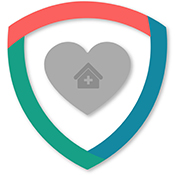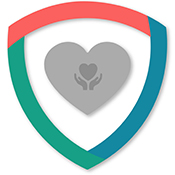
The most important checklists you will need right away when caring for an aging loved one are listed below. To print these checklists for use at home, you can access this article from your home computer by going the website. https://www.giversofcare.org
This website is where all the articles from the Genus App are housed, so if reading from a computer is easier, you can have access from this site.
- This checklist will help you with the many things to think about when looking for a long term facility for providing care for a loved one.
- This checklist will help you choose an agency for In-Home-Care.
- A medication checklist that you may want to use if you are not documenting meds in the Genus™ App.
- This checklist will help you gather all the important financial and legal documents and information you need to have on hand when caring for a loved one.
- A home-safety checklist is always a good idea to make sure your loved one is safe.
- The VA provides some more useful checklists when caring for a Veteran on this site.
Disclaimer: These links are being provided as a convenience and for informational purposes only; they do not constitute an endorsement or an approval by the genusConnect™ of any of the products, services or opinions of the corporation or organization or individual. genusConnect™ bears no responsibility for the accuracy, legality or content of the external site or for that of subsequent links. Contact the external site for answers to questions regarding its content.
 One of the most frustrating things to deal with when caring for an aging parent is the many health complications that arise as one ages. Medical safety is of key concern. Many family member also acting as caregivers have not had a great deal of experience dealing with doctors and various medical safety issues. There are many questions that arise, making the whole caring experience a bit overwhelming without the proper information.
One of the most frustrating things to deal with when caring for an aging parent is the many health complications that arise as one ages. Medical safety is of key concern. Many family member also acting as caregivers have not had a great deal of experience dealing with doctors and various medical safety issues. There are many questions that arise, making the whole caring experience a bit overwhelming without the proper information. Most people want to be independent and do not want to be a burden on the family, hesitating to ask us for the help they need. When dealing with a family member who still has fairly strong cognitive abilities, we can only know where to provide help if we can teach our loved one to ask for help. Of course we will see some obvious areas where help is needed, but in order to provide the best possible care, we need him/her to be open with us.
Most people want to be independent and do not want to be a burden on the family, hesitating to ask us for the help they need. When dealing with a family member who still has fairly strong cognitive abilities, we can only know where to provide help if we can teach our loved one to ask for help. Of course we will see some obvious areas where help is needed, but in order to provide the best possible care, we need him/her to be open with us.